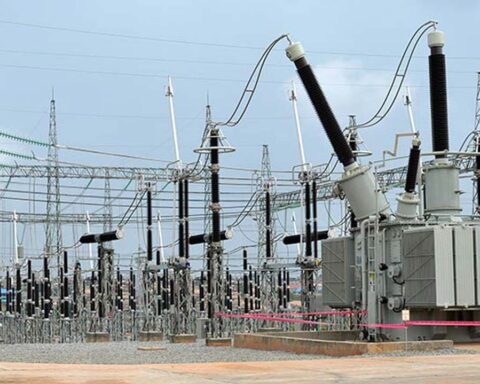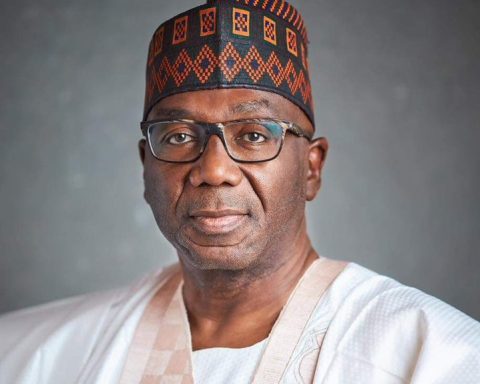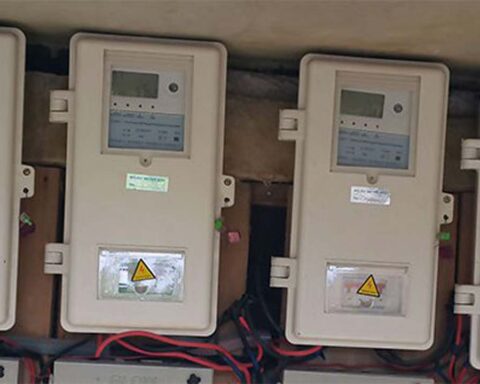In today’s digital age, innovation is the new oil. Startups are the engines of economic growth, job creation, and technological advancement.
Nigeria, often hailed as the “Silicon Valley of Africa,” has made impressive strides in its startup ecosystem. Yet, beneath the celebratory headlines lies a sobering fact: 80% of Nigerian startups are incorporated in the United States.
Join our WhatsApp ChannelThis trend, quietly acknowledged in tech circles, has far-reaching implications. It is not just a legal choice, it’s a vote of no confidence in Nigeria’s system. And if we do not confront this exodus head-on, we risk exporting not just talent, but the future of our digital economy.
Why Are Nigerian Startups Incorporating in the U.S.?
The answer is simple: the U.S. offers access, credibility, and protection.
U.S. incorporation, often in startup-friendly states like Delaware, gives founders access to global venture capital, accelerator programmes, and international markets. It offers a robust legal framework that protects intellectual property and enforces contracts reliably.
READ ALSO:
For foreign investors, putting money into a Delaware-registered company is familiar and low risk.
For Nigerian founders, it’s often the cost of doing global business.
But while this makes sense from a business standpoint, it exposes deep cracks in Nigeria’s economic foundation.
What Nigeria Loses
Every time a Nigerian startup registers in the U.S, Nigeria loses more than just paperwork.
We lose Tax revenue that could support public services, Foreign exchange that could stabilize our currency, Regulatory sovereignty over the innovations we produce and Economic data and ownership of our most promising companies.
Even worse, it creates a feedback loop. As more startups flee the local system, fewer investors will trust it. The system weakens and the exodus accelerates.
This trend should not provoke anger or envy, it should provoke action.
READ ALSO: Inflation Puts Nigerian Startups Founders Under Pressure, Report Reveals
We must ask ourselves, what would it take for Nigerian startups to stay, register, and grow here?
The answer lies in a bold rethinking of how we support innovation.
- Full digitalization of the company’s Incorporation
- Provide legal guarantees for intellectual property protection and ease of doing business.
- Offer tax incentives or co-investment schemes for startups that incorporate locally.
- Create a regulatory sandbox for fintech and emerging sectors, modeled after successful systems in the UK or Singapore.
- Enhance the “Nigeria First” Innovation Policy to reward companies that maintain local ownership and operations.
Some may argue that foreign incorporation is inevitable in a globalized world and that may be true. But sovereign innovation cannot survive on foreign soil alone. If Nigeria wants to lead Africa into the digital age, we must create a home where our innovators want to build, grow, and stay.
The current reality is both a warning and an opportunity. If we ignore it, Nigeria risks becoming a factory of ideas for other economies. But if we respond wisely, we can turn this trend into a catalyst for reform and resurgence.
We cannot afford to let the 21st-century equivalent of crude oil slip through our fingers.
Abdulrazaq Hamzat is a multidisciplinary policy advocate, energy economist, and founder of PeacePro. He writes regularly on economic justice, innovation, and governance in Africa.










